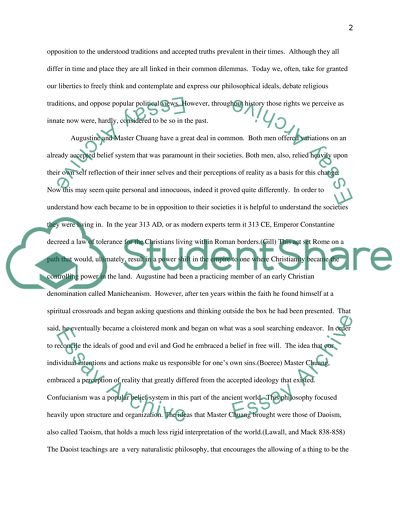Cite this document
(“The Wise, the Tried, and the Victimized Essay Example | Topics and Well Written Essays - 1250 words”, n.d.)
The Wise, the Tried, and the Victimized Essay Example | Topics and Well Written Essays - 1250 words. Retrieved from https://studentshare.org/literature/1453337-societies-challenge
The Wise, the Tried, and the Victimized Essay Example | Topics and Well Written Essays - 1250 words. Retrieved from https://studentshare.org/literature/1453337-societies-challenge
(The Wise, the Tried, and the Victimized Essay Example | Topics and Well Written Essays - 1250 Words)
The Wise, the Tried, and the Victimized Essay Example | Topics and Well Written Essays - 1250 Words. https://studentshare.org/literature/1453337-societies-challenge.
The Wise, the Tried, and the Victimized Essay Example | Topics and Well Written Essays - 1250 Words. https://studentshare.org/literature/1453337-societies-challenge.
“The Wise, the Tried, and the Victimized Essay Example | Topics and Well Written Essays - 1250 Words”, n.d. https://studentshare.org/literature/1453337-societies-challenge.


